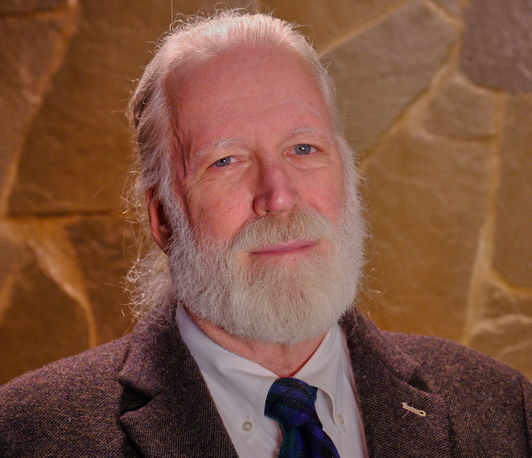LIP External Colloquium: Steven Boker, University of Virginia - Path Diagrams and Function Nodes: A Proposed Extension to SEM
- Datum: 04.06.2025
- Uhrzeit: 13:00
- Vortragende(r): Steven Boker, University of Virginia
- Ort: Max-Planck-Institut für Bildungsforschung
- Raum: Kleiner Sitzungssaal
- Gastgeber: LIP
- Kontakt: seklindenberger@mpib-berlin.mpg.de
- Rubrik: Vorträge

Steven Boker, University of Virginia
Path Diagrams and Function Nodes: A Proposed Extension to
SEM
Path diagrams, and in particular RAM style path
diagrams, express a relationship between graphics and mathematics that helps us
understand complicated linear models for the associations between measured and
unmeasured variables. In the abstract, a path diagram is an organization
of nodes and edges. The OpenMx team has been discussing extending SEM and
related path diagrams in a variety of ways in order to allow a more broadly
understandable representation of nonlinear models. One proposal is for
what we call Function Nodes. One may think of so-called "dummy
variables" used in OpenMx as Addition Nodes, so this proposal is an
extension of current practice. Function Nodes would have defined inputs
and outputs, i.e., domain and range, that would allow pre-defined functions to
be computed as part of the path diagram. Some example Function Nodes will
be provided along with reasoning behind their use. In this seminar I hope
to engage in a discussion of how to improve the proposal and to elicit
alternative ideas about how to bring nonlinear modeling into the path
diagrammatic framework. For instance, are there useful alternatives to
the current use of one headed and two headed arrows as the edges in a path
diagram? Should we think about encapsulizing sections of a path diagram
to make these sections reusable? We are interested in suggestions that
are feasible, improve the user's understanding, and enable new ways of thinking
about and modeling.
Join on-site or hybrid:
https://mpib-berlin.webex.com/mpib-berlin/j.php?MTID=m314575b44cf8265f4af1ffa9188fe2dd
Meeting number: 2744 871 2321
Password: m9qPmEPdq33